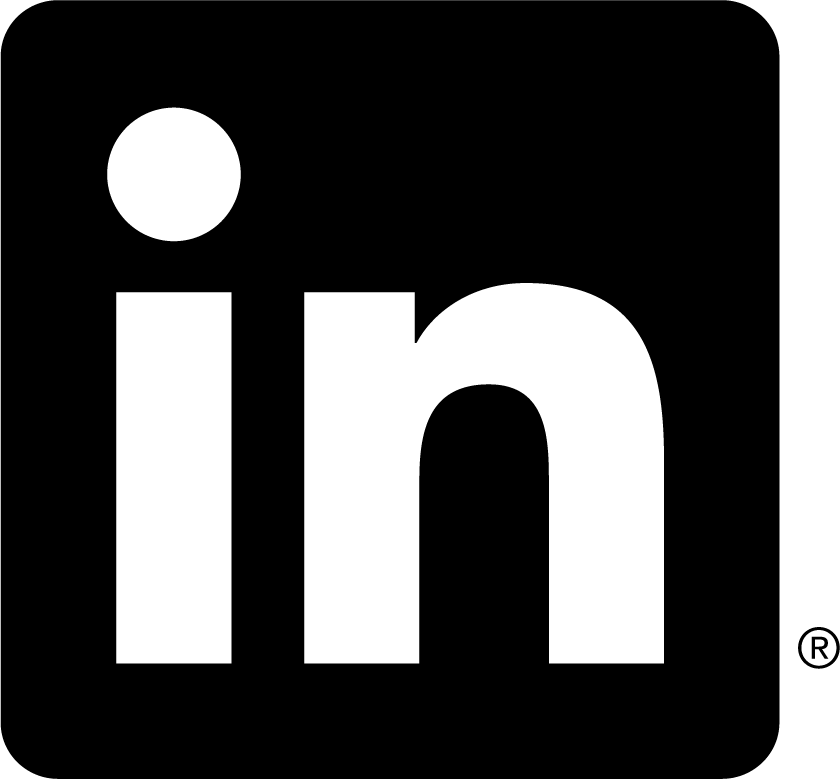This week, the White House announced a sharp set of trade and immigration moves that are already reverberating through markets: a proposal to impose up to a 100% tariff on branded drug imports (with carve‑outs tied to US manufacturing), new duties on trucks and furniture, and a large hike in H‑1B visa fees. Those actions sent ripples across global equity markets and supply chains.
The headline impact showed up in Asia: Indian benchmarks fell after the U.S. curbs, with the IT and pharma sectors hit hardest. Reuters‑syndicated coverage noted the Nifty and Sensex slid as investors re‑priced the export exposure of names like TCS, Infosys and Wipro and foreign outflows accelerated (Reuters).
At the margin, big pharma may be insulated because of existing or planned US production; markets have treated the drug tariff announcements more as a political negotiating lever than as a guaranteed structural shock. Still, higher trade and labor costs raise uncertainty around margins and supply‑chain planning.
Political risk is broader than trade: Congress faces a fast‑approaching funding deadline and the administration has signaled tougher shutdown playbooks, including guidance on layoffs that could change the usual shutdown dynamics. If a shutdown happens, it would be an immediate policy shock that could amplify the market’s reaction to tariffs and visa changes (CNN).







